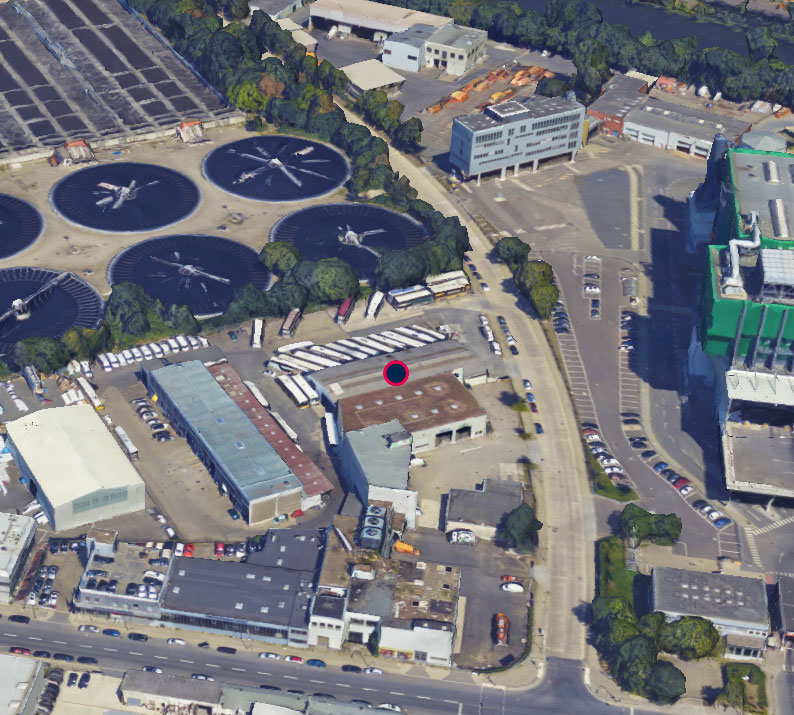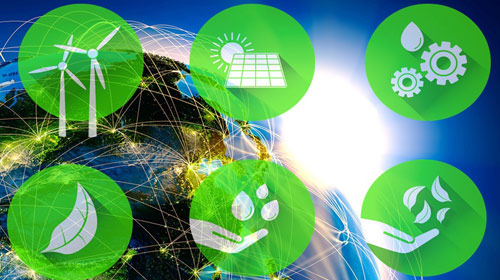The Circular Economy in Berlin
As a SmartCity, one of Berlin's most important goals is an efficient circular economy together with sustainable resource management. Many creative people - researchers, engineers, business persons - are working to achieve this goal.
Facts and figures
- With more than 400 companies and well over 8,500 employees , recycling management is a major economic factor in the capital.
- The spectrum ranges from classic disposal companies to technology developers to startups, who turn recycled materials into innovative products for an environmentally conscious audience.
- With projects such as ringberlin in Mariendorf, BE-U Behrensufer in Oberschöndeweide, the CleanTech Marzahn, the Impact Hub Berlin in Neukölln and with Berlin TXL - The Urban Tech Republic in Tegel, new locations with ideal conditions for the industry are being created.
- Large waste disposal companies such as the Berliner Stadtreinigungsbetriebe BSR and ALBA as well as many specialized recyclers such as Berlin Recycling ensure a high rate of recycling.
- Berliner Wasserbetriebe has developed a plant for the recovery of phosphorus from sewage sludge and has thus been awarded the GreenTec Award.
Strong Research
- At the Faculty of Process Sciences of TU Berlin, scientists conduct interdisciplinary research under the motto "Resource efficiency for processes and products." Circular economy and recycling technology identifies, quantifies, and finds way to address solid resources and raw materials in society and the environment and develops and optimises recycling technologies.
- At the Fraunhofer Institute for Production Systems and Design Technology novel biopolymers as well as process technologies are developed for their processing, among others.
Circular Economy in Berlin
In recent years, Berlin has developed into a testing ground for the circular economy. The city itself has committed itself to following the path towards a Zero Waste City Berlin. It is supported by a wide range of initiatives and offers that show both companies and civil society ways and solutions to avoid waste or at least integrate it sensibly into new cycles:



